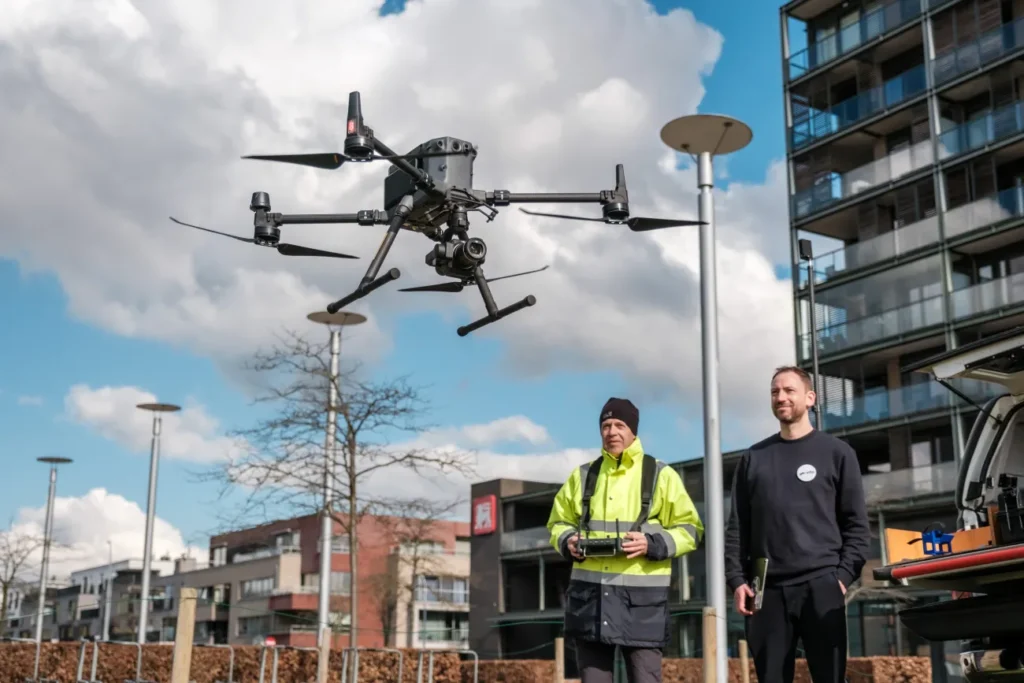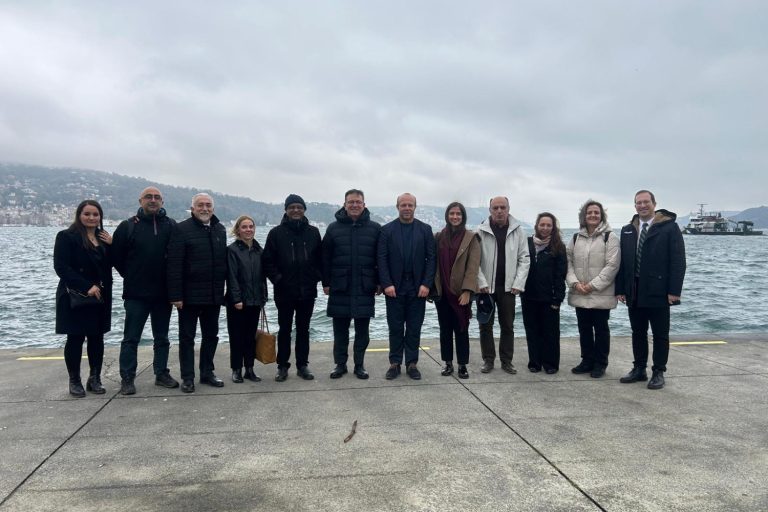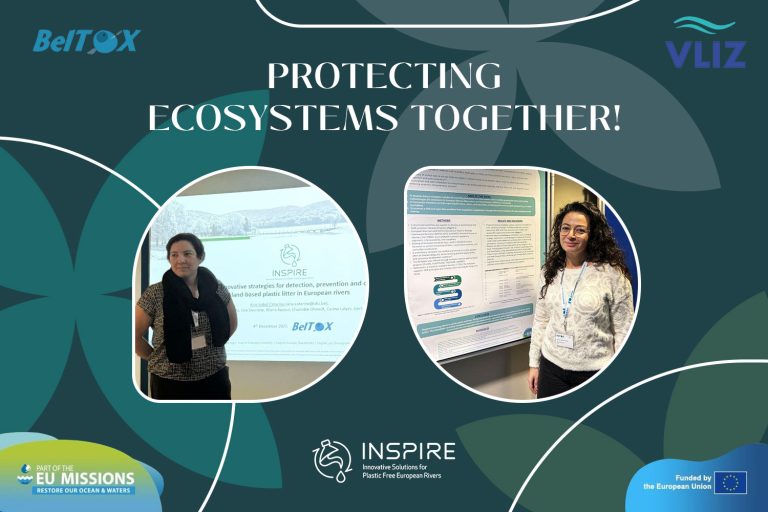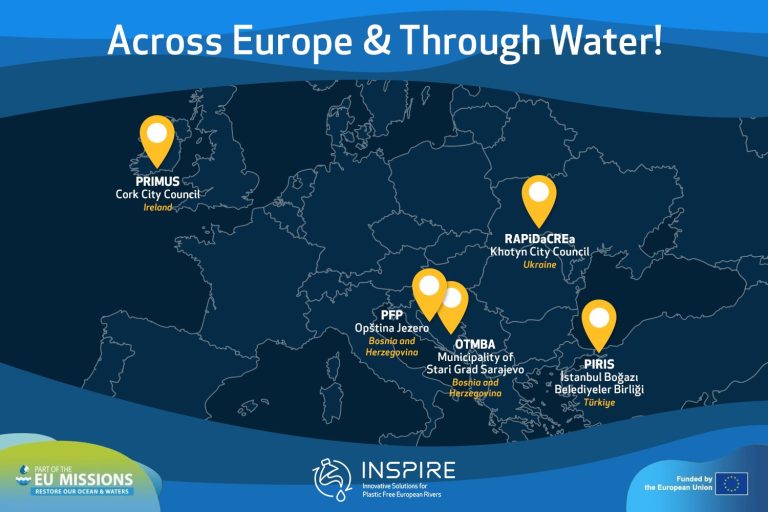VITO, River Cleanup, and VLIZ tackle pollution of the Scheldt together: first results presented to the Belgian press on 14 March 2025.
Plastic pollution in rivers is a major environmental challenge, with millions of tonnes of plastic waste reaching the ocean each year.
The INSPIRE project is taking a proactive, holistic approach to address this issue, combining research, innovation and citizen participation to reduce plastic waste in major rivers.
The Scheldt is one of the six test zones across Europe, and on 14 March 2025, three Belgian partners – VITO, River Cleanup and the Flanders Marine Institute (VLIZ) – presented the first results of their efforts and demonstrated various detection, collection and analysis techniques in Temse.
A holistic approach to plastic waste
VLIZ serves as a project coordinator, ensuring scientific oversight and measuring impact of plastic reduction measures. VITO Remote Sensing comes in with advanced remote sensing technologies, including smart cameras, drones and AI, to map the flow and accumulation of plastic waste. Meanwhile River Cleanup is contributing expertise in clean-up campaigns, innovative waste collection techniques, and reducing single-use plastics.
Innovative technologies for cleaner rivers
On the International Day of Action for Rivers, we demonstrated several innovative detection, collection and analysis methods.
One such tool is VLIZ‘s mantanet, a specialized trawl that filters microplastics from surface water. Another approach involves ferrybox systems, which use pumps and sieves to capture plastic particles from water sources.
VITO Remote Sensing has deployed drone technology and cameras under bridges to create detailed maps of plastic waste in and around the Scheldt.
"With drone flights and AI-driven image analysis, we can detect and track plastic waste, even in hard-to-reach areas."
Arne Van Overloop,
Remote Sensing & AI expert VITO Remote Sensing
A digital monitoring tool, the JRC floating litter monitoring app, is also being used in the project. This app allows users to document floating waste using smartphones, feeding data into a European Commission database for plastic pollution monitoring.
The 1st smart EcoBin in Belgium
River Cleanup introduced another innovation to Temse: Belgium’s first smart EcoBin. This enhanced waste collection bin uses audio wave-based sensors to monitor waste levels in real time. The data is sent via a SIM card to a central dashboard, optimizing waste collection routes and reducing overflow. 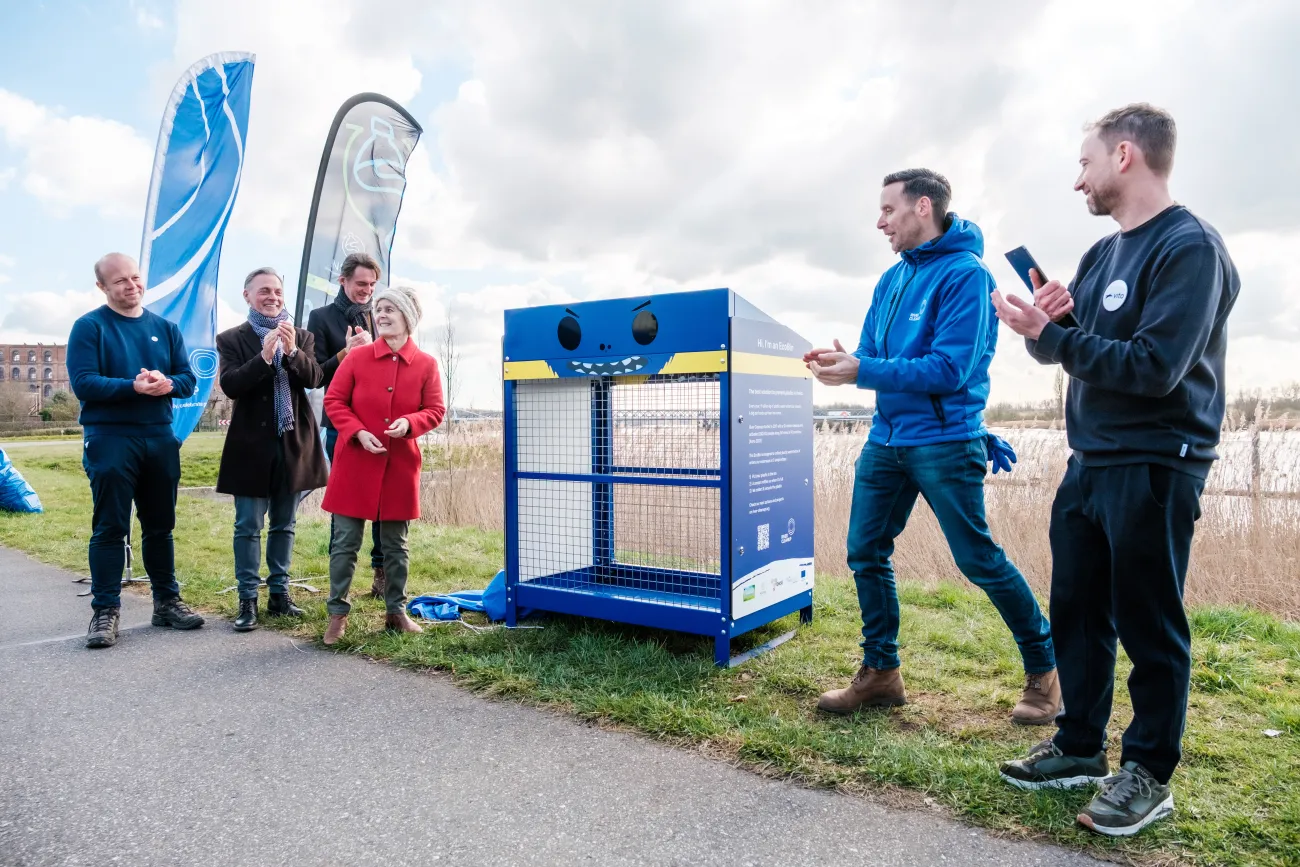
"Technology is crucial in our mission to make rivers plastic-free. Solutions like the smart EcoBin not only improve waste collection efficiency but also raise awareness and drive behavioral change. "
Thomas de Groote,
Founder and CEO River Cleanup
Community action for a Cleaner Scheldt
To compliment technological innovations, River Cleanup is organizing hands-on clean-up actions in Temse. The first event is scheduled for April, 6, 2025, and is open to all volunteers.
Through a combination of innovative technology, research, and community involvement, the INSPIRE project is paving the way for cleaner rivers and a healthier environment. With adaptable solutions designed for global application, the initiative is setting a new standard in the fight against plastic pollution.
"INSPIRE solutions are adaptable to local conditions. The aim is to develop a model that can be implemented in every river worldwide after the project has ended. This will allow stakeholders to map the plastic problem themselves and choose the most suitable prevention and collection strategies."
Gert Everaert,
Vice Research Director of VLIZ and coordinator of INSPIRE
